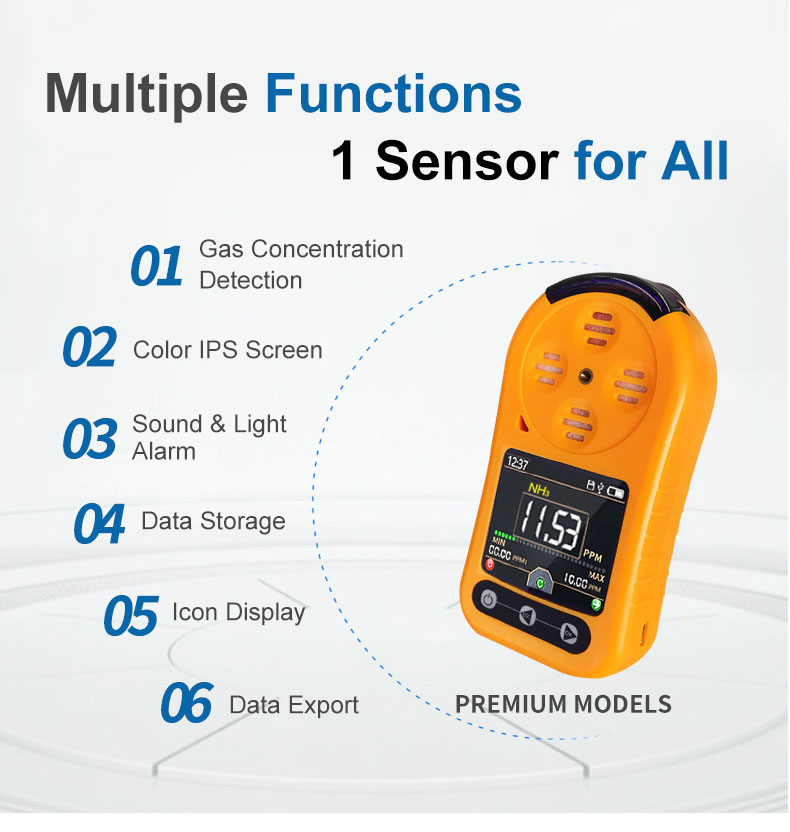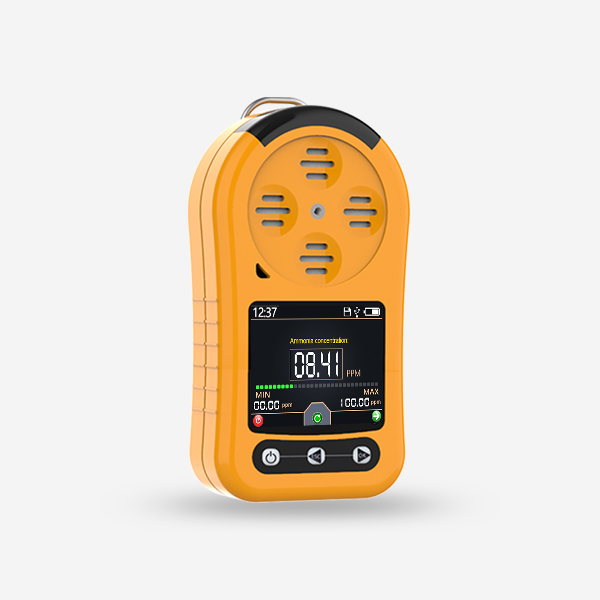Generally speaking, gas detectors are mainly divided into two categories, stationary gas detectors or portable gas detectors. Both types use various gas sensor technologies to detect gas or vapor hazards. Both types have their own advantages and disadvantages as well as subcategories.

Therefore, in order to determine the most appropriate detection solution, understand the nature of the gas hazard you are trying to mitigate. Risk assessment is always the starting point. Mitigation will take several forms – gas detection is one of them. At this point, we go to the gas testing company to get the right solution.

Fixed Gas Detectors
We generally use stationary gas detectors for continuous monitoring of the environment. Fixed detectors work in a similar manner to fire and smoke alarms. A detector for target gas and connected to a control panel. The controller monitors the detectors and sets alarm conditions based on gas levels. Triggering an audible and visual alarm at a basic level can alert people. More advanced installations may alert other monitoring systems, activate shut down systems, log and trend data, connect to cloud-based systems and more. This is one of the main benefits of fixed over portable gas detectors.
Fixed detectors will monitor a limited area/volume around the detector, typically a 5M radius. This means placement needs to be carefully considered for best performance. Detectors may be diffusion types or pump (aspirated). The right choice is application dependant.
We need to consider the measuring range of the detector and the alarm level shall meet the requirements of HSE/COSHH/DSEAR. In some cases, detectors may operate as stand-alone devices with their own in-built alarms and audible visual displays.
Portable Gas Detectors

Portable gas detectors clip onto your clothes for easy carrying. They are part of the personal Protective equipment. This type of detector is a life safety device. We set him up to alert the wearer when the target gas level exceeds the safe limit. Portable gas detector cannot be used with handheld gas leak detectors. Portable gas detector can detect just one gas or up to seven gas types. Depending on the application, they may be diffusion type gas detectors or pump type gas detectors.
Portable gas detector are not suitable for use in stationary systems.
Deciding Between Fixed and Portable Gas Detectors
As a general rule: If it is at all practical a fixed system is always preferable to a portable gas detector.
Portable gas detectors may be required to verify alarms from the fixed system or on large sites to provide supplemental cover. If no one has installed a stationary gas detection system in the sewer, use a portable gas sensor.
It is important to involve gas detection specialists at an early stage. You may identify through risk assessment a gas hazard. That is the safety requirement for any owner/operator. Once identified understanding the hazards of your application is critical to choosing between a fixed and/or a portable gas detector.